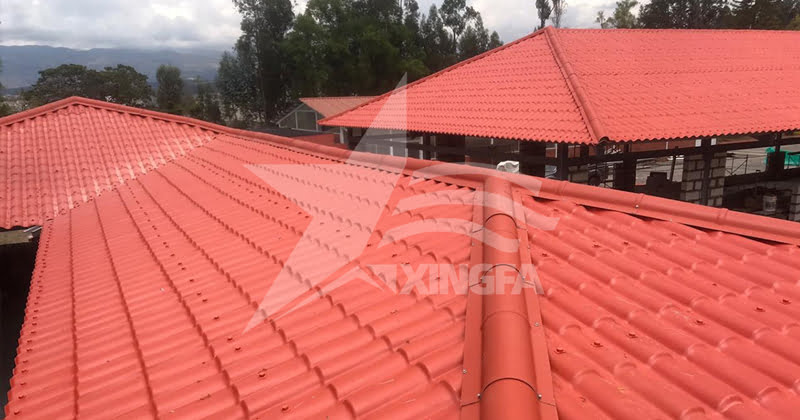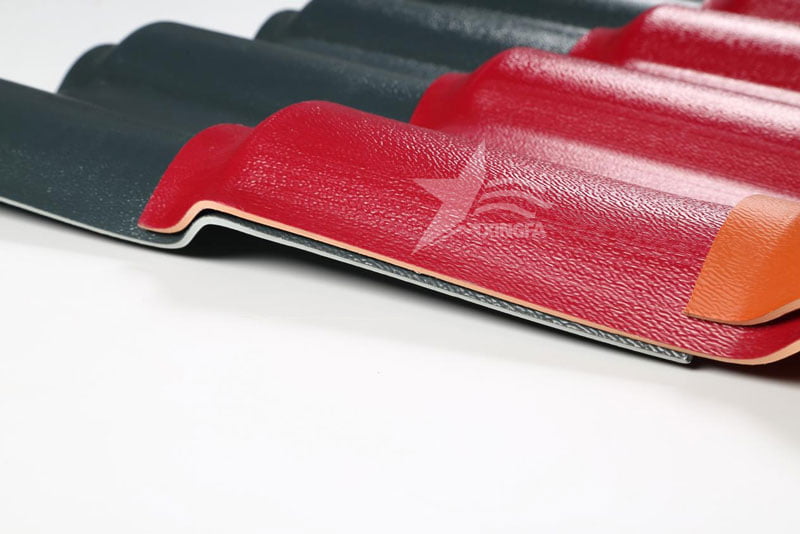In recent years, faux antique roof tiles have emerged as a popular choice in both domestic and international architectural projects. This trend is gaining momentum for several compelling reasons.

Unique Aesthetic and Decorative Appeal
Faux antique roof tiles are renowned for their distinctive appearance and decorative effects. They effectively replicate the materials and styles of traditional ancient architecture, infusing modern buildings with a rich historical and cultural atmosphere. These tiles are widely used in a variety of settings, including walls, eaves, and garden structures, enhancing the visual appeal and depth of these constructions. Notably, several prominent museums have adopted faux antique roof tiles to create more beautiful and captivating structures, underscoring the material’s growing prestige in the architectural world.

Outstanding Performance
Beyond their aesthetic appeal, faux antique roof tiles offer excellent performance characteristics. Typically made from high-quality synthetic resin, these tiles boast superior weather resistance and durability. This ensures that buildings maintain their beauty over the long term, unaffected by climate or the passage of time. Additionally, faux antique roof tiles are lightweight, easy to install, and low-maintenance, making them an ideal choice for a wide range of construction projects.
Versatility and Variety
One of the key attractions of faux antique roof tiles is their versatility. The market offers a diverse array of styles and colors, catering to different architectural styles and design needs. This variety allows architects and property owners to unleash their creativity, crafting unique and standout buildings.

Conclusion
The growing popularity of faux antique roof tiles in architectural projects can be attributed to their unique aesthetic appeal, exceptional performance, and wide range of options. These tiles not only meet functional building needs but also imbue structures with historical and cultural charm, making them a sought-after choice in modern architecture.
